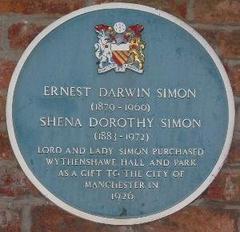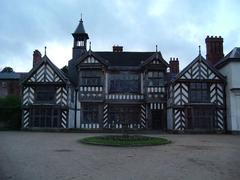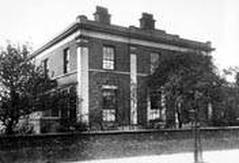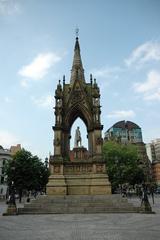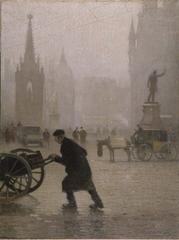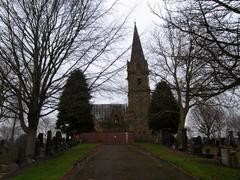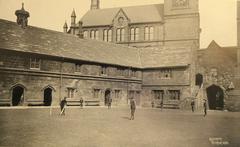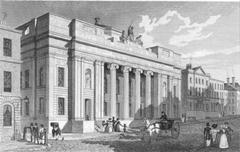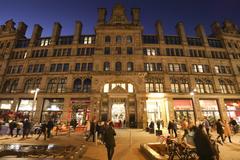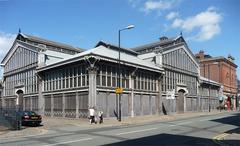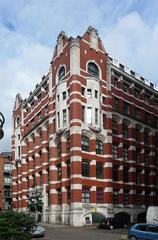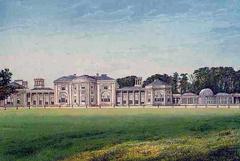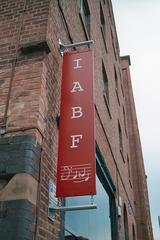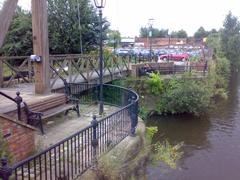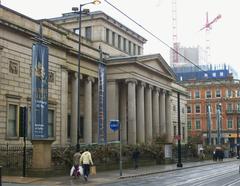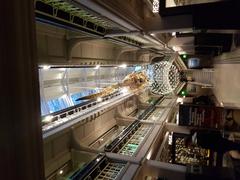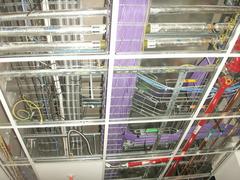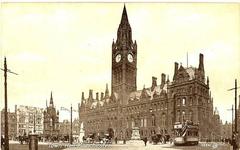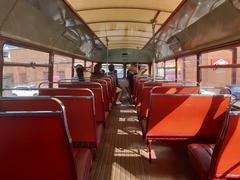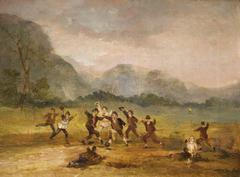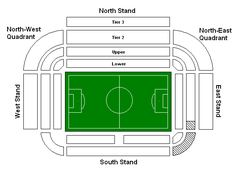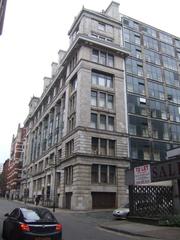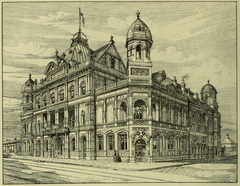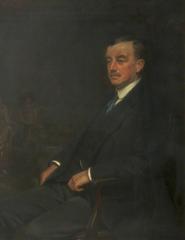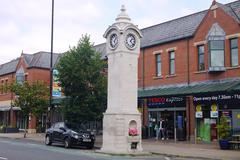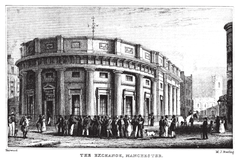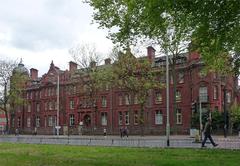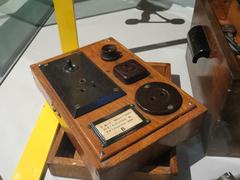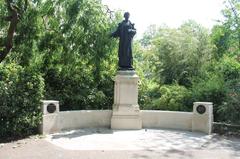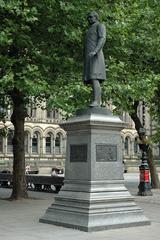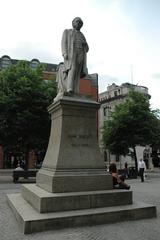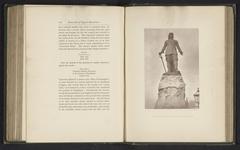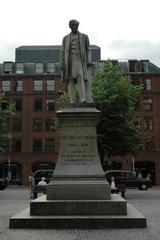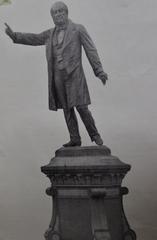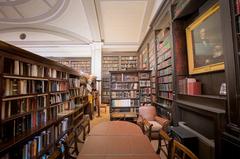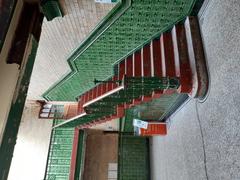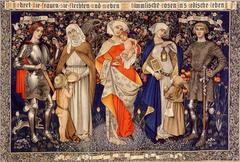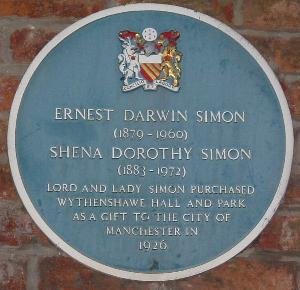
Wythenshawe Hall Visiting Hours, Tickets, and Guide to Manchester’s Historic Site
Date: 15/06/2025
Introduction
Wythenshawe Hall, nestled within the lush surroundings of Wythenshawe Park in South Manchester, stands as a striking Tudor-era manor and a beacon of local heritage. With origins dating back to circa 1540, this historic estate invites visitors to uncover centuries of history, architectural evolution, and community spirit. From its role in the English Civil War to its present-day function as a vibrant cultural and educational hub, Wythenshawe Hall remains a must-visit destination for history lovers, families, and anyone seeking a unique day out in Greater Manchester (Historic England; Friends of Wythenshawe Hall).
Historical Overview
Origins and Early History
Wythenshawe Hall was built around 1540 by Robert Tatton, a member of the influential Tatton family, on a site likely occupied since medieval times. The name “Wythenshawe” comes from Old English, meaning a willow grove, reflecting its rural roots (Manchester Herald). For nearly four centuries, the Hall served as the Tatton family’s ancestral home and the centerpiece of an extensive agricultural estate.
Architectural Evolution
The Hall’s architecture is a testament to changing styles and needs over the centuries (Buttress):
- 16th Century: Original timber-framed, two-storey Tudor manor.
- 17th & 18th Centuries: Rebuilding and modernization, including brickwork and new wings.
- 19th Century: Further expansion with Victorian features and refined interiors.
- Post-2016: Restoration after the fire, blending traditional craftsmanship with modern conservation.
Key rooms like the Great Hall, Withdrawing Room, and Chapel Bedroom have been restored to reflect their historical significance.
Notable Historical Moments
- English Civil War: In 1644, Wythenshawe Hall was besieged by Parliamentarian forces due to the Tatton family’s Royalist allegiance. Lady Mary Tatton’s defense of the Hall is a celebrated local story (Manchester Herald).
- Transition to Public Ownership: In 1926, the Hall and parkland were bought by Ernest and Shena Simon and gifted to the city, enabling the creation of Manchester’s “garden city” suburb (Manchester Histories).
- Garden City Movement: Wythenshawe became a model for planned suburban development, with the Hall and park at its heart.
Visiting Wythenshawe Hall
Visiting Hours
Wythenshawe Hall is generally open on select weekends and special event days, typically from 10:00 or 11:00 AM to 4:00 PM. Exact dates and hours vary—always check the Friends of Wythenshawe Hall or Manchester City Council websites before your visit.
Tickets and Admission
Admission on open days is free, though donations are encouraged to support ongoing restoration and events. Some guided tours or exhibitions may require a nominal fee. Advance ticket booking—usually via Eventbrite or the Friends’ website—is recommended to guarantee entry during busy periods.
Accessibility
The Hall and park have made significant strides in accessibility, though the historic layout presents some limitations. There are ramps and accessible paths, step-free access to main areas, and accessible toilets. For detailed accessibility information, consult the Hall’s website or contact the visitor center in advance.
Guided Tours, Exhibitions, and Activities
- Guided Tours: Led by knowledgeable volunteers from the Friends of Wythenshawe Hall, tours bring the Hall’s 600-year story to life, highlighting architectural features and the Tatton family’s legacy.
- Self-Guided Visits: Informational panels and digital resources are available throughout the Hall.
- Exhibitions: Rotating displays cover topics such as the English Civil War, the Hall’s restoration, and the social history of the estate.
- Family Activities: On open days, expect treasure hunts, craft workshops, and storytelling sessions tailored to children.
- Community Events: The Hall hosts reenactments, fairs, art exhibitions, and educational workshops throughout the year.
Facilities and Visitor Amenities
- Toilets: Accessible restrooms available.
- Parking: Limited spaces nearby; public transport and cycling are encouraged.
- Gift Shop: Souvenirs and local crafts for sale.
- Food & Drink: No on-site café, but picnic spots and refreshment kiosks are available in the park.
- Accessibility: Step-free access to main public areas; accessible parking and toilets.
Exploring Wythenshawe Park
Park Features
- Landscaped Gardens: Formal beds, rose gardens, and ornamental woodlands.
- Sports & Leisure: Football pitches, tennis courts, athletics track, multi-use areas, and a cycling hub.
- Children’s Playground: Large, well-equipped play area.
- Community Farm: Free-entry working farm with animals and a farm shop.
- Horticultural Centre: Gardens, greenhouses, fish ponds, and beekeeping club.
- Horse Riding: Stables offering lessons and escorted rides.
Opening Hours
- Park: Open daily from dawn until dusk.
- Hall: Open select days—see above for details.
Getting There
- Address: Main entrance on Wythenshawe Road, Manchester, M23 0AB.
- By Car: Parking near the playground and Hall; check for event-specific charges.
- Public Transport: Metrolink (Wythenshawe Park and Moor Road stops) and several bus routes connect the park to Manchester city center (Transport for Greater Manchester).
- Cycling: Bike racks provided.
Accessibility
Most main paths are wheelchair and pushchair friendly; some natural areas can be uneven, especially after rain.
Restoration and Conservation
Following the devastating 2016 fire, a £6.7 million restoration project meticulously rebuilt damaged sections, restored historic features, and improved visitor facilities. This award-winning effort has ensured the Hall’s long-term preservation and accessibility (Buttress; Historic England).
Frequently Asked Questions (FAQ)
Q: What are the visiting hours for Wythenshawe Hall?
A: The Hall is open on select weekends and event days, usually 10:00 or 11:00 AM to 4:00 PM. Check the official website for current schedules.
Q: Is there an admission fee?
A: Entry is free on open days, though donations are welcomed. Some tours or events may require a ticket.
Q: Is the Hall accessible for wheelchair users?
A: Yes, main public areas offer step-free access and accessible toilets, but some historic areas may have limitations.
Q: Are guided tours available?
A: Yes, offered by the Friends of Wythenshawe Hall during open days.
Q: Can I get to the Hall by public transport?
A: Yes, via Metrolink and several bus routes from Manchester city center.
Q: Can I take photographs inside the Hall?
A: Non-flash photography is generally allowed; check for restrictions during events or exhibitions.
Q: Are dogs allowed?
A: Dogs are welcome in the park (on leads in certain areas), but not in the Hall gardens.
Travel Tips
- Book tickets in advance for open days to avoid disappointment.
- Wear comfortable shoes for exploring both the Hall and parkland.
- Bring a picnic or enjoy refreshments from park kiosks.
- Use public transport to avoid parking issues during busy events.
- Check the weather and dress accordingly for outdoor activities.
Conclusion
Wythenshawe Hall is a jewel of Manchester’s heritage, offering an immersive experience through centuries of history, stunning architecture, and dynamic community life. Its restoration and continued use as a cultural hub highlight the importance of preserving local landmarks for future generations. Whether you’re delving into Tudor history, enjoying family activities, or simply relaxing in the park, Wythenshawe Hall welcomes all.
For up-to-date visiting hours, tickets, and event information, consult the Friends of Wythenshawe Hall and Manchester City Council websites. Download the Audiala app for interactive guides and news on Manchester’s heritage sites.
